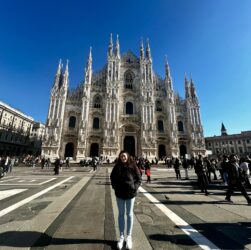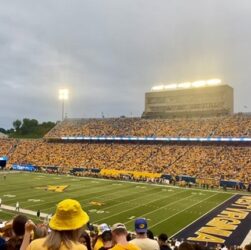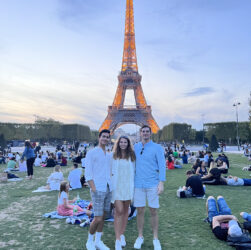Taegan Van Zyl BCom International Business Semester Exchange in the Second Semester, 2023 at University of Bologna Pre-departure: Exchange …


Taegan Van Zyl BCom International Business Semester Exchange in the Second Semester, 2023 at University of Bologna Pre-departure: Exchange …

Paula Duggan BCom International Business Semester Exchange in the Second Semester, 2022 at West Virginia University Pre-departure: The semester abroad …

Marco Kruger BCom International Business Semester Exchange in the Second Semester, 2022 at ESSEC Business School Pre-departure: Preparing …